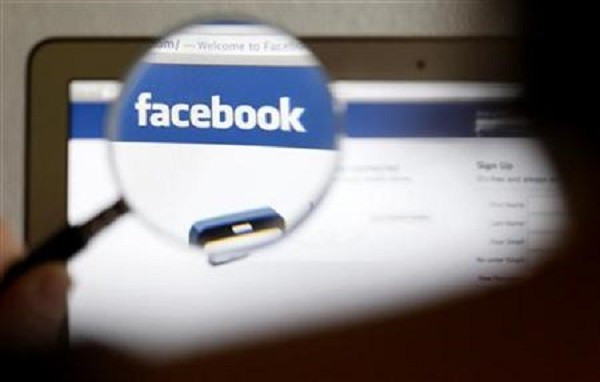Facebook recently launched a free Internet service in India that allows users to access a handful of online services hoping that it could help fight poverty in the country. The campaign was touted by several Indian regulators as a violation of Internet neutrality, a principle that allows all users to have equal access to all online contents.
Despite the massive backlash against its campaign, Facebook founder Mark Zuckerberg continues to defend his company's strategy to roll out free basic Internet services in India. Zuckerberg dismissed the claim of critics saying that the Free Basics service promotes monopoly in terms of providing Internet access to Indian consumers.
In a statement acquired by The Guardian, Zuckerberg said, "Instead of welcoming Free Basics as an open platform that will partner with any telco, and allows any developer to offer services to people for free, they claim - falsely - that this will give people less choice. Instead of recognizing that Free Basics fully respects net neutrality, they claim - falsely - the exact opposite."
Free Basics is part of Facebook's campaign that offers free access to selected Internet services. These services include travel advisory, healthcare, education, weather and news updates, according to Los Angeles Times. The coverage of the campaign has spanned several developing countries from Asia, Africa and Latin America.
Facebook is able to offer free Internet access on selected countries by striking a deal with local mobile operators that will allow users to access the services for free.
On the other hand, the Telecom Regulatory Authority of India is debating over Internet neutrality issues since March. The agency is also debating whether to Facebook's Free Basics campaign is violating Internet neutrality rules or not.



























